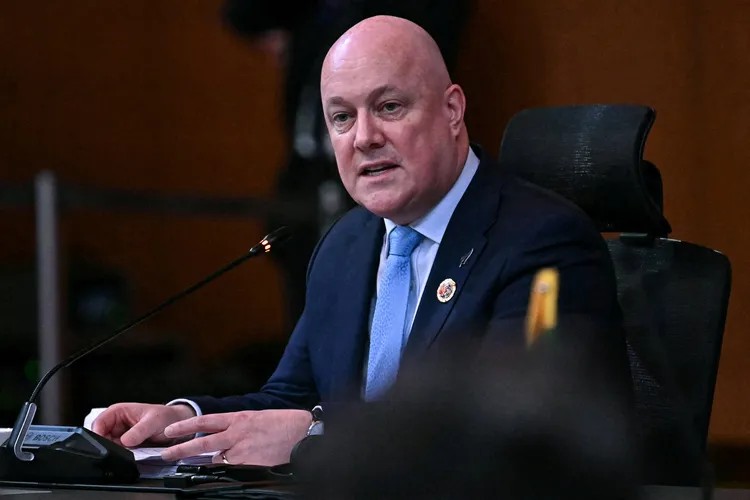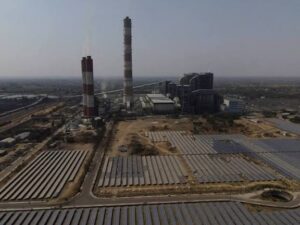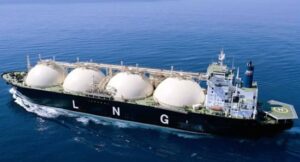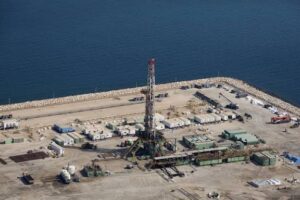Ireland needs to rethink its energy policy to make power more affordable and reliable, according to a report from the Irish Academy of Engineering (IAE).
The report warns that the country is unlikely to meet its 2050 goal of net-zero greenhouse gas emissions, with renewable energy targets also falling short.
Eamonn O’Reilly, chair of the IAE’s energy and climate action committee, said Ireland’s plan to generate 54,000 MW of renewable energy is unrealistic, and even the first 5,000 MW planned by 2030 will be missed by a wide margin. Meanwhile, electricity costs and long-term energy security are being overlooked.
O’Reilly highlighted the lack of a 25-year infrastructure plan for transmission lines and backup generation, both critical as Ireland moves toward electrifying heating, transport, and supporting population and economic growth.
“It’s not about abandoning renewables, but about making sure our infrastructure can meet demand in the decades ahead,” he said, adding that long-term planning is essential to avoid delays in building necessary, though unpopular, transmission lines.
The report also cautions against relying entirely on renewable energy. Ireland lacks domestic energy sources that can provide consistent and secure electricity alone. While renewables can cut carbon emissions, backup energy sources will be necessary during periods of low wind or other interruptions.
O’Reilly urged a practical approach that balances climate ambitions with infrastructure realities to ensure Ireland’s energy remains both affordable and reliable in the future.









